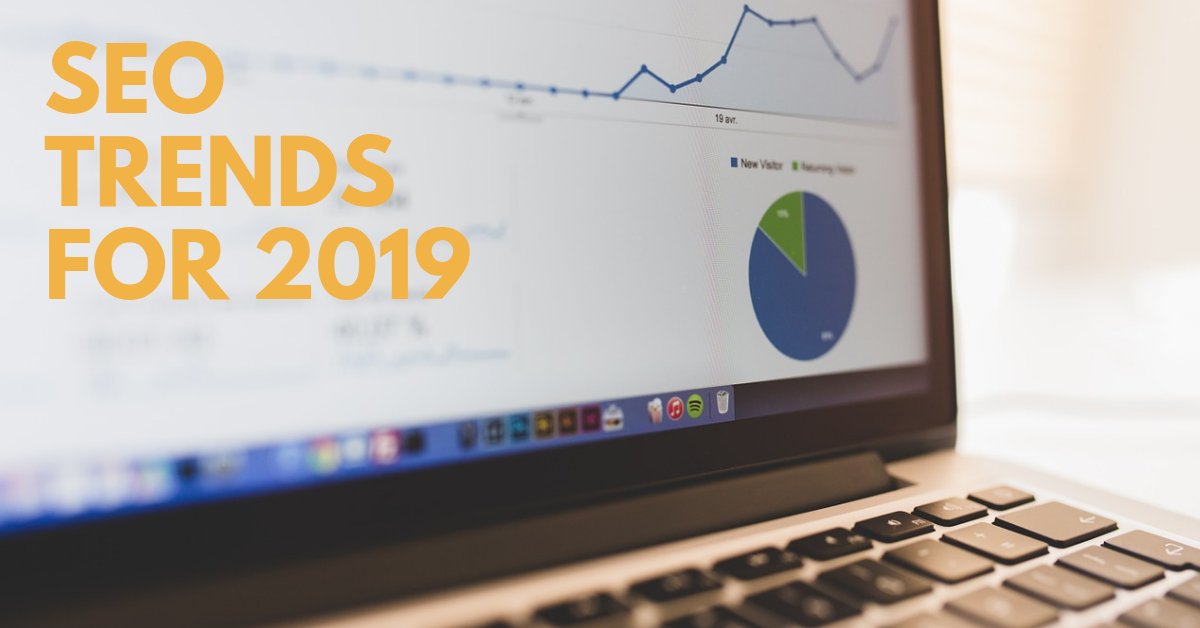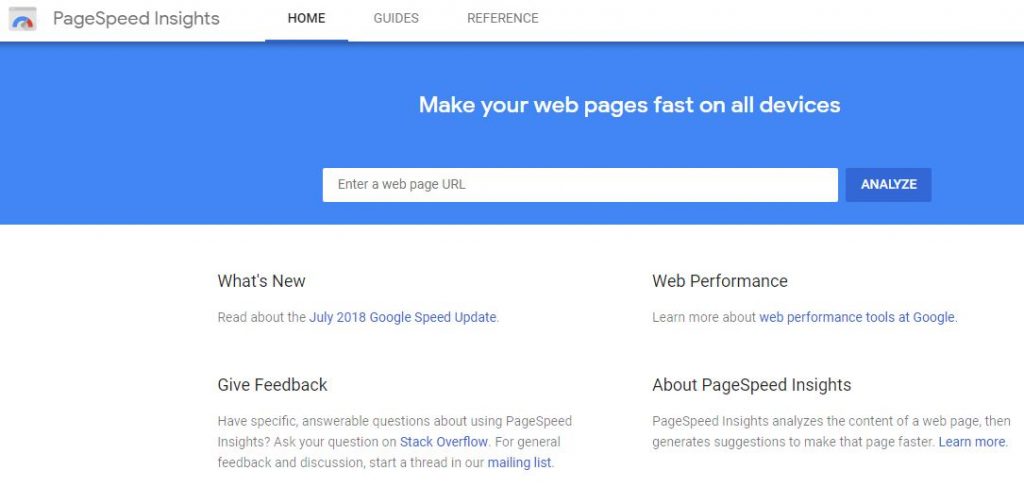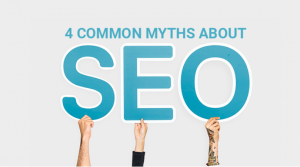To be atop the waves, think about your SEO strategy in advance. A shortcut to success: get to know the upcoming trends and work out an action plan for each.
Google’s heavily investing to be the best. SEOs are trying to adapt to changes that follow. That’s how SEO trends are born. Let’s view what trends will make a difference in 2019.
- Mobile-first indexing
Mobile-first indexing means that Google uses the mobile version of your page for indexing and ranking. Since March 2018, Google’s started the process of migrating sites to mobile-first index.
Bear in mind, a mobile-first index does not mean “mobile-only.” There’s still a single index with both mobile and desktop versions. However, the whole “mobile-first” buzz means that Google will be using the mobile versions for ranking once the site’s migrated.
- Page speed
Google’s nuts about delivering the best UX and delivering it fast. Desktop page loading time has been a ranking factor for a while. In July, it got a twin sibling – mobile page speed’s become a ranking factor for mobile.
When analysed in PageSpeed Insights, a site was evaluated just on the basis of technical parameters. Now, both for desktop and mobile, it’s graded according to two different metrics: Optimization and, a new one, Speed.
The game-changing part here is how Speed score is generated. The data for the metric’s taken from Chrome User Experience report, the real users’ performance database. It reflects how your site loads for each visitor. It’s obviously hard to measure how fast each visitor’s device loads your site. As a result, the metric’s impossible to get through local tests.
- Brand as a ranking signal
First of all, through unlinked brand mentions, the search engine learns that your brand’s an entity. By further analysing all the properties mentioning it, Google gets a better picture of your authority in a particular field.
Second, each component’s sentiment and context matters: reputation, trust, advertising, complaint-solving, etc. Through context, Google learns to tell the good from the bad. For example, its Search Quality Guidelines state that reputation matters for rankings. Consequently, the sentiment around brand mentions can affect the site’s rankings.
- GDPR
GDPR is the General Data Protection Regulation passed in the European Union. It regulates a very nagging issue – who owns the data created by users’ interactions online.
This regulation affects the EU companies and customers. However, international companies should also comply with GDPR. As a result, Google decided to introduce changes into its Analytics. Now all personal user data expires after 26 months since it was collected. Such data includes demographic and affinity data (earlier kept perpetually) and doesn’t include sessions and goal completions.
- Amazon search
First things first, Amazon’s not a universal search engine. It’s an algo similar to Google’s, but used for internal search within Amazon pages. What’s the fuss about then? Well, more and more people go straight to Amazon to do shopping. According to a study, 56% of consumers visit Amazon first if they have shopping in mind. 51% check with Amazon after finding something elsewhere.
Internet Marketing is always evolving. There are always new social media channels to explore, additional changes to Google’s algorithm, and updated “best practices” for online marketers. So you may wonder how Internet Marketing can help your business when nothing ever remains the same. Read this blog post Internet Marketing is Changing Every Day




